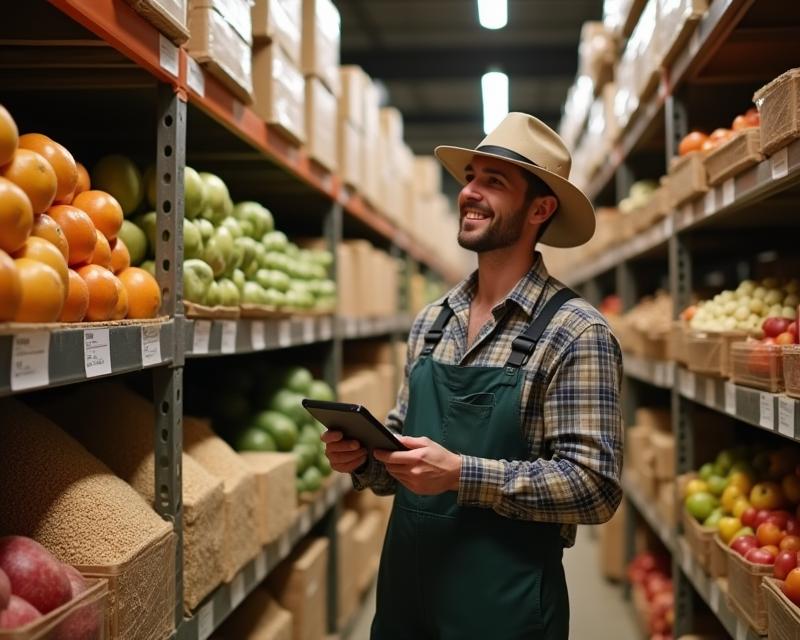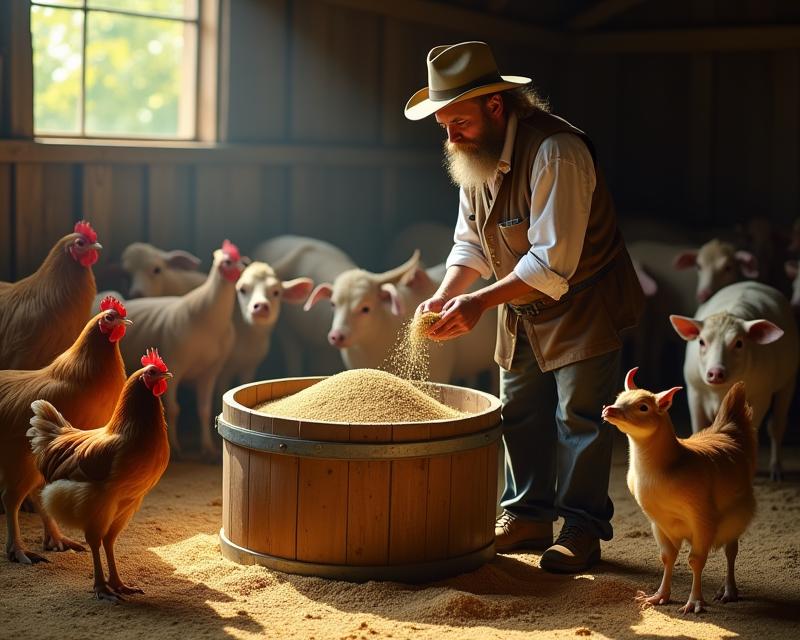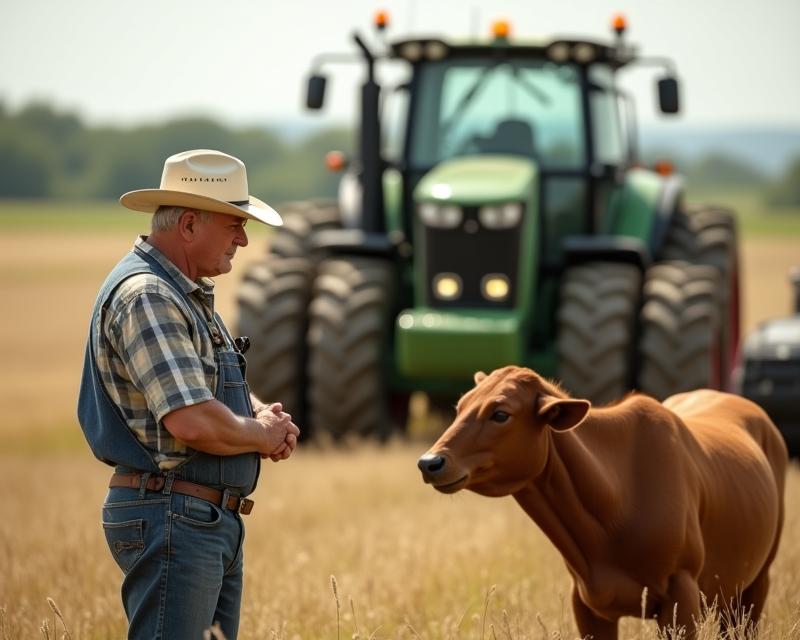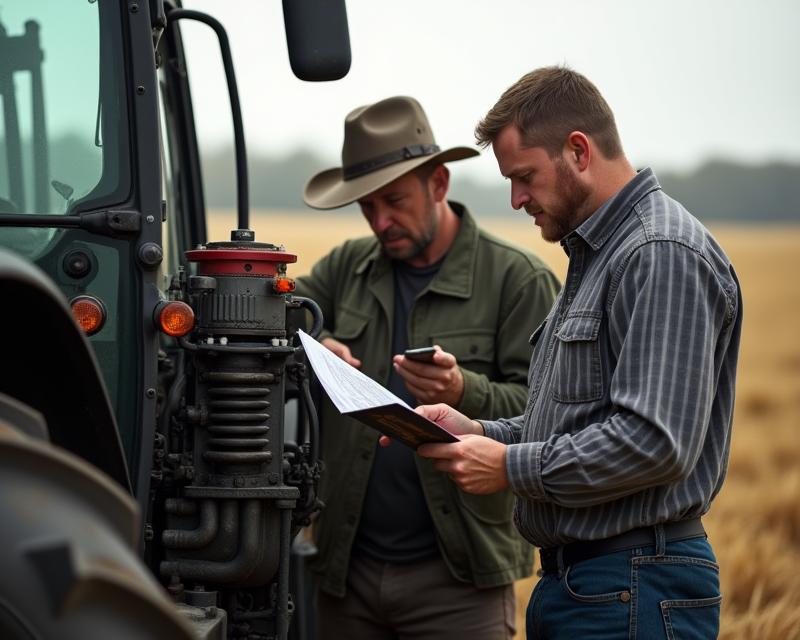Sanctions & Your Farm: What You Need to Know
Publish in Farm Business el 21/07/2025 20:14
Understanding Sanctions and Their Impact on Agriculture
Hey farmers, gardeners, and ranchers! Have you heard the term "sanctions" floating around? It might sound complicated, but understanding them can be really important for your farm business. Simply put, sanctions are restrictions governments can put on other countries – or even specific businesses and individuals – to try and influence their behavior. These restrictions can significantly impact agricultural trade, affecting what you can buy, sell, and how much it costs.
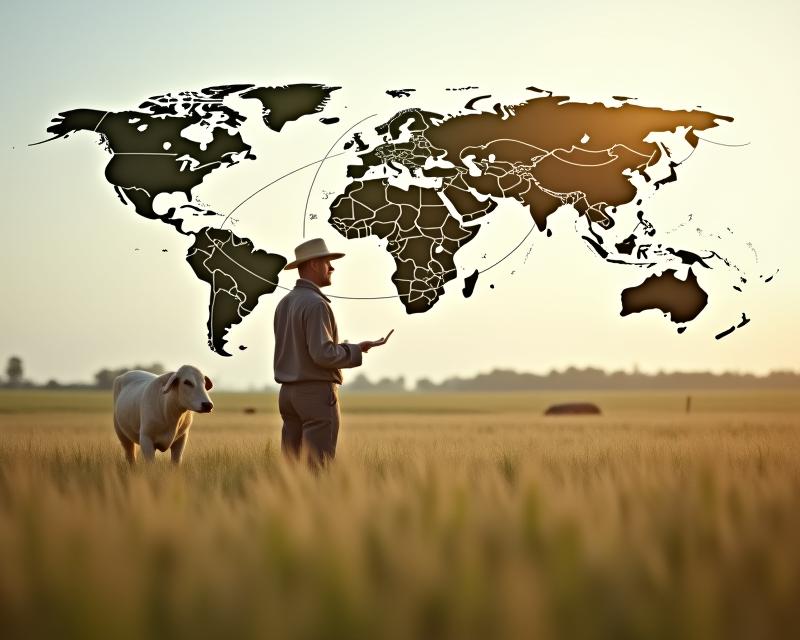
Types of Sanctions: A Quick Look
There are several types of sanctions, each with different effects. Economic sanctions are broad restrictions on a country's economy, like limiting trade or investment. Trade sanctions specifically target the import and export of goods. Think about restrictions on buying fertilizer from a certain country or selling your produce there. Financial sanctions focus on freezing assets or restricting financial transactions, making it harder for businesses to operate internationally. These can directly impact your ability to access loans or pay suppliers.
How Sanctions Affect Agriculture
So, how do these sanctions actually affect your farm? Well, they can create a ripple effect. For example, if sanctions limit the import of a specific type of seed, it could drive up the price of that seed, impacting your planting costs. Similarly, if export sanctions restrict your ability to sell your crops to a particular market, you might have to find new buyers or face lower prices. Sanctions can also disrupt supply chains, making it harder to get the inputs you need, like equipment or animal feed. It's a complex web, but understanding the basics can help you plan for potential challenges.
Staying Informed and Adapting
Staying informed about current sanctions is crucial. Resources like the U.S. Department of Treasury's Office of Foreign Assets Control (OFAC) provide detailed information on sanctions programs. You can also follow industry news and consult with agricultural trade experts. The key is to be proactive. Consider diversifying your markets, exploring alternative suppliers, and building strong relationships with local buyers. Being adaptable and informed will help you navigate the challenges posed by sanctions and keep your farm thriving. Don't hesitate to reach out to your local agricultural extension office for guidance – they can be a valuable resource!
